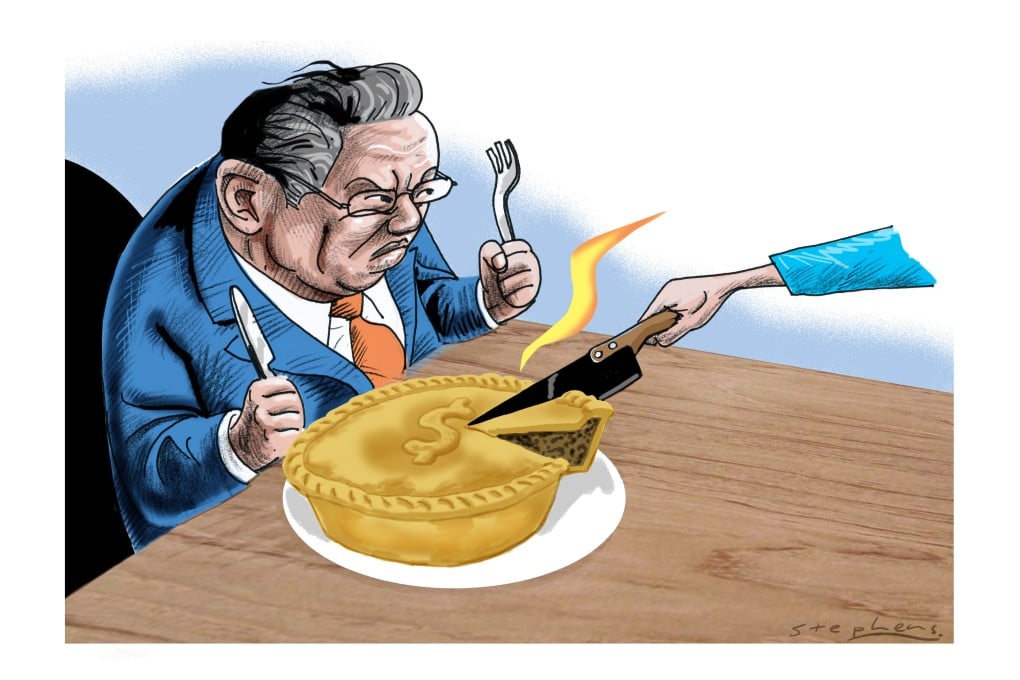Hong Kong government must act to reverse harmful trend of wealth inequality
Kalina Tsang says higher taxes for Hong Kong's wealthy could help the government finance much-needed public services, and close the widening gap between rich and poor

With the Lunar New Year almost upon us, auspicious greetings of prosperity and overflowing wealth will be on many people's lips. These greetings, however, drip with irony for some against the backdrop of a great divide.
Despite the phenomenal economic growth in Asia over the past two decades, inequality is on the rise. Within the Asia-Pacific region, there are
roughly seven million millionaires, yet about 500 million people in Asia barely survive on US$1.25 a day.
Faulty tax systems are partly to blame as they allow businesses to hide their money in tax havens or take advantage of loopholes, depriving governments of resources to fight poverty and invest in public services that benefit people in need.
An estimated US$100 billion a year is lost in developing countries from tax-dodging and generous tax incentives. Bangladesh, for instance, loses US$310 million in would-be corporate taxes every year. Without a tax system that helps redistribute wealth more evenly, the cards are stacked against the poorer population.
One of the most developed economies in Asia, Hong Kong is no stranger to inequality. In 2011, the city's Gini coefficient stood at a striking 0.537, indicating much inequality in income distribution. It was estimated that Hong Kong's highest paid employee made around HK$180 million in 2013, or HK$15 million a month. Contrast this with someone being paid the minimum wage (now HK$32.50 an hour) - they would need to work non-stop for 52 years just to make what the highest-paid employee earns in a single month.
According to 2014 Credit Suisse figures, the wealth of Hong Kong's richest 10 per cent is equivalent to that of 77.5 per cent of the population.
This bears an uncanny resemblance to Oxfam's recent research paper, which warned that the combined wealth of the world's richest 1 per cent would overtake that of the other 99 per cent next year unless we address inequality.
